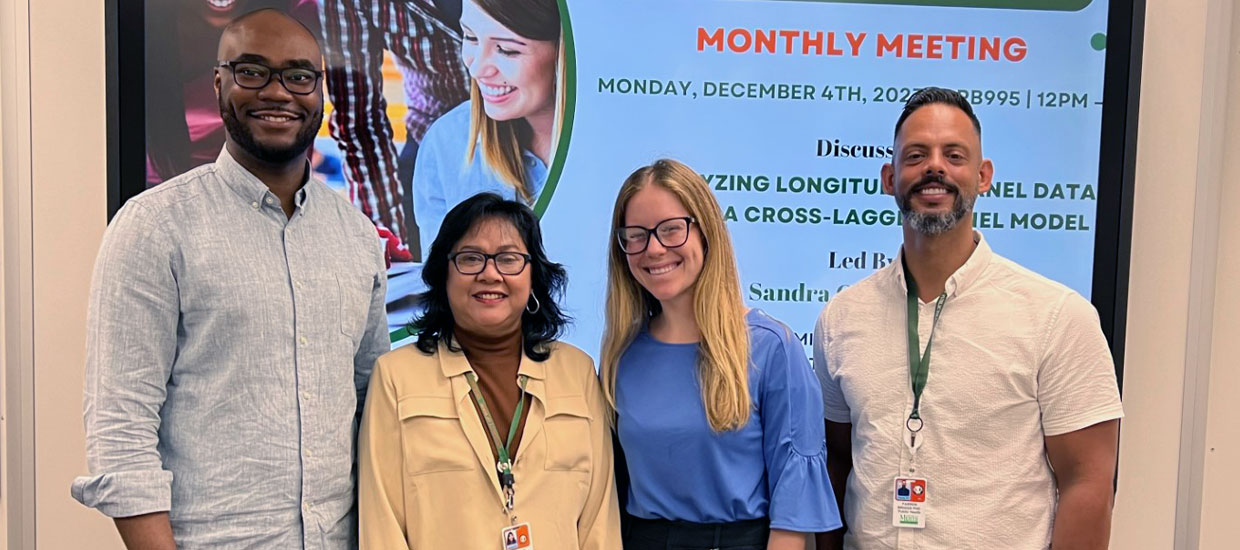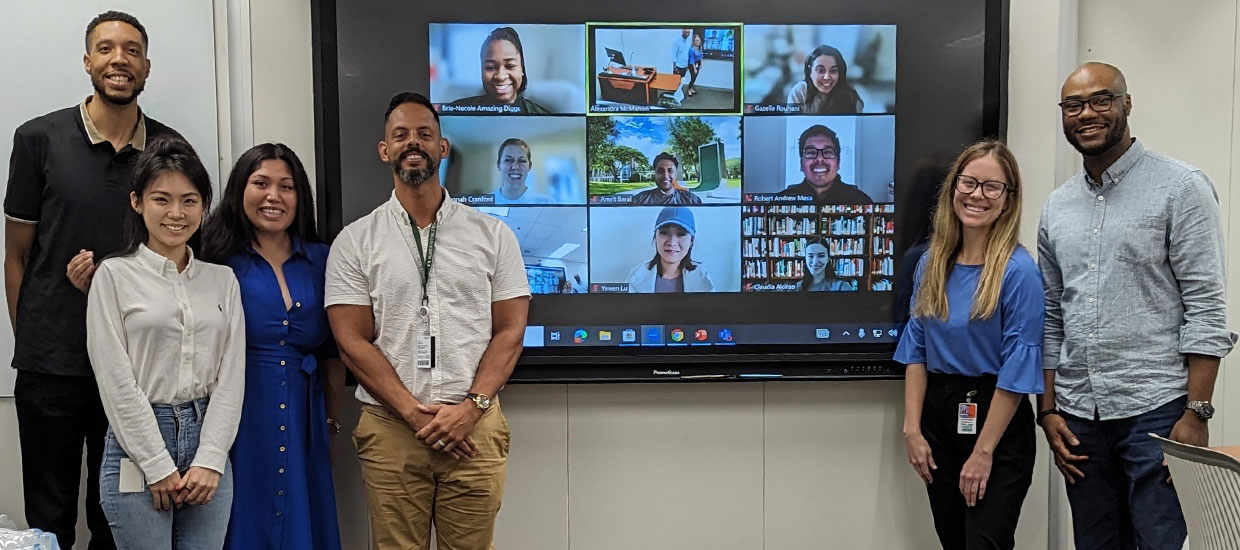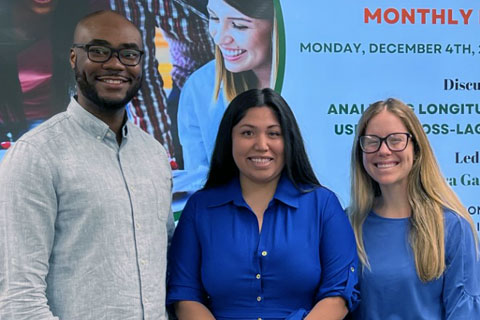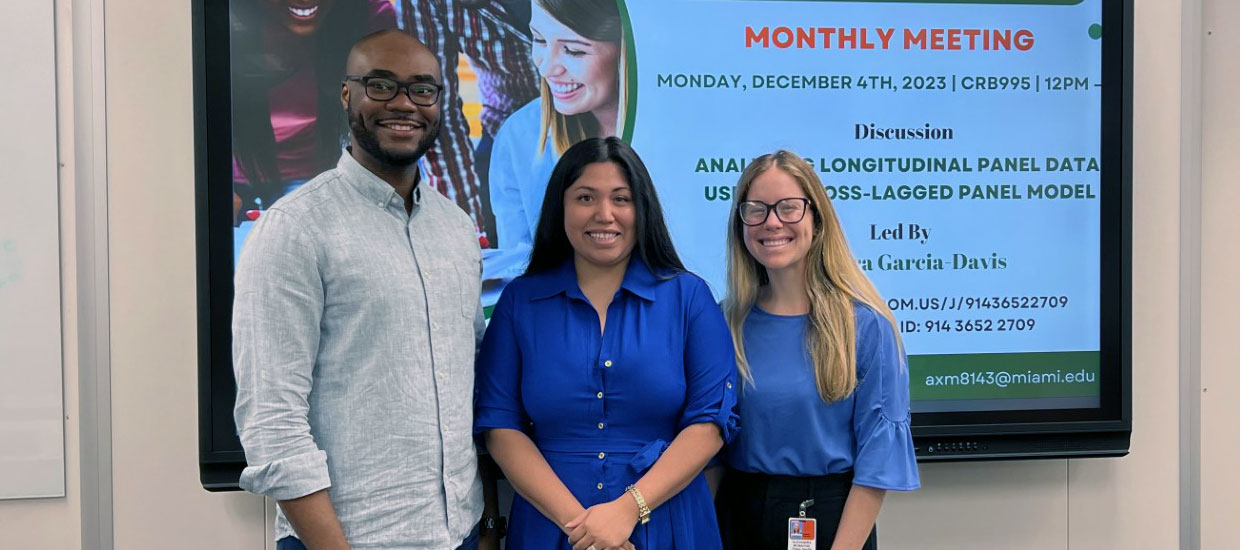Our Purpose:
The UM Epidemiology Journal Club (EJC) is a student-led organization that provides an inclusive environment for graduate students to learn about and discuss current topics in epidemiology, through review of peer-reviewed journal articles published in the scientific literature. The EJC facilitates critical thinking and dialogue about issues related to advanced epidemiologic research methods, novel analytic techniques, practical applications of epidemiologic research, and important trends in the field of public health.
Our Objectives:
Through a combination of student-led presentations, faculty support, and general discussion, the EJC specifically aims to provide members with opportunities to achieve the following:
- Expand understanding of modern epidemiology study design, methodology, and analysis
- Gain experience in the critical evaluation of published research articles
- Improve proficiency in analyzing and interpreting findings reported in the scientific literature
- Stay informed of current advances in epidemiology and public health research and practice
- Further develop the skills necessary to present research findings to an academic audience
- Stimulate analytical thinking and disseminate novel epidemiologic findings among public health students at UM
- Promote communication between students, faculty, and researchers within the Department of Public Health Sciences and across related UM graduate programs
History:
The University of Miami (UM) Epidemiology Journal Club (EJC) was formally launched by three doctoral students and the PhD in Epidemiology Program director, Dr. WayWay Hlaing, in 2015. The EJC is a student-led organization that facilitates critical thinking and dialogue about issues related to advanced epidemiologic research methods, novel analytic techniques, practical applications of epidemiologic research, and important trends in the field of public health practice and epidemiology. Through a combination of student-led presentations, faculty support, and general discussion, the EJC specifically aims to provide members with opportunities to enhance skills in current epidemiologic methods and communications.
Leadership:
President: Alexandra McMahon, axm8143@miami.edu
Vice President: Bria-Necole Diggs, bxd311@miami.edu
Faculty Advisors
Dr. WayWay Hlaing & Dr. Farren Briggs











